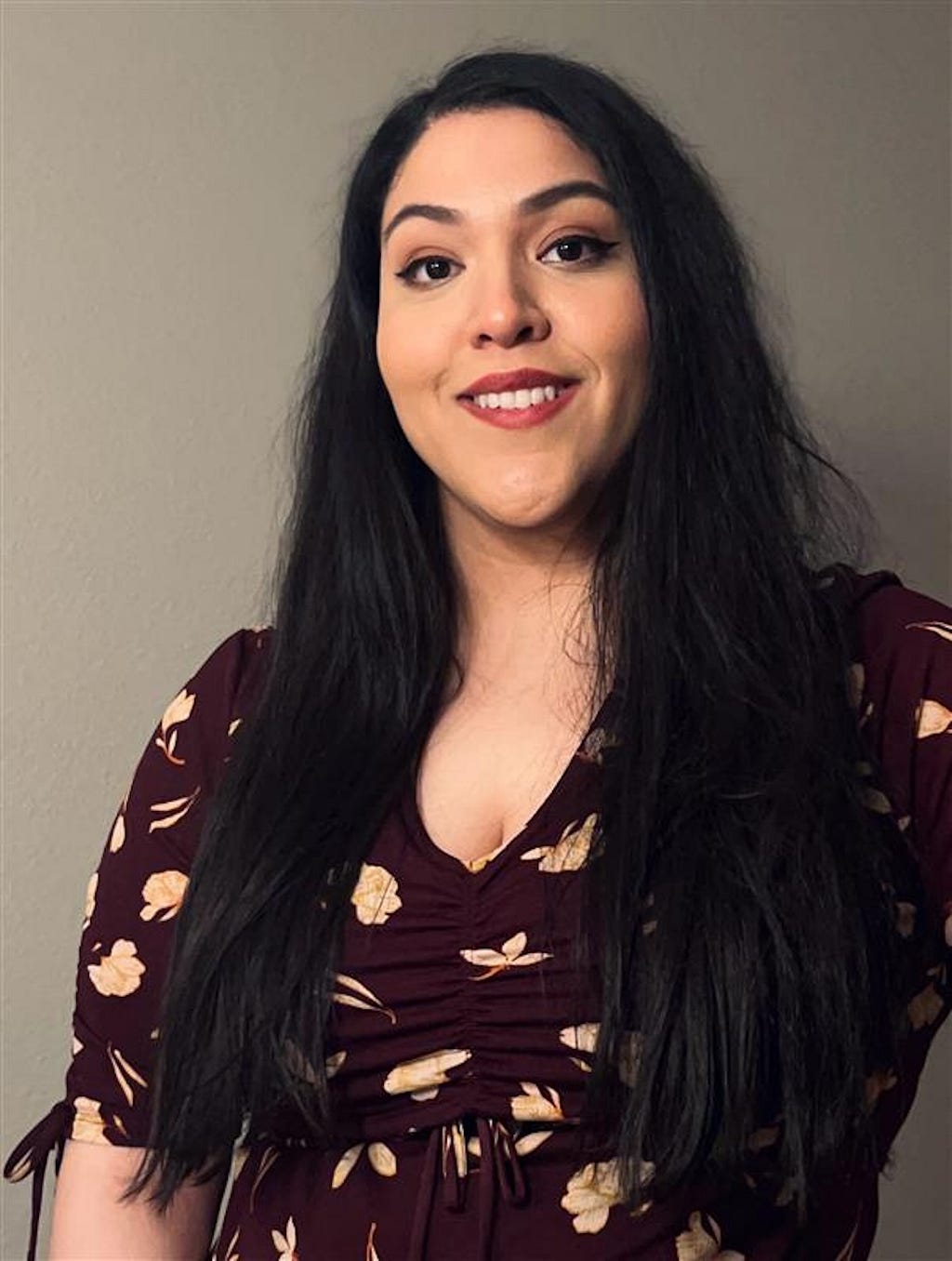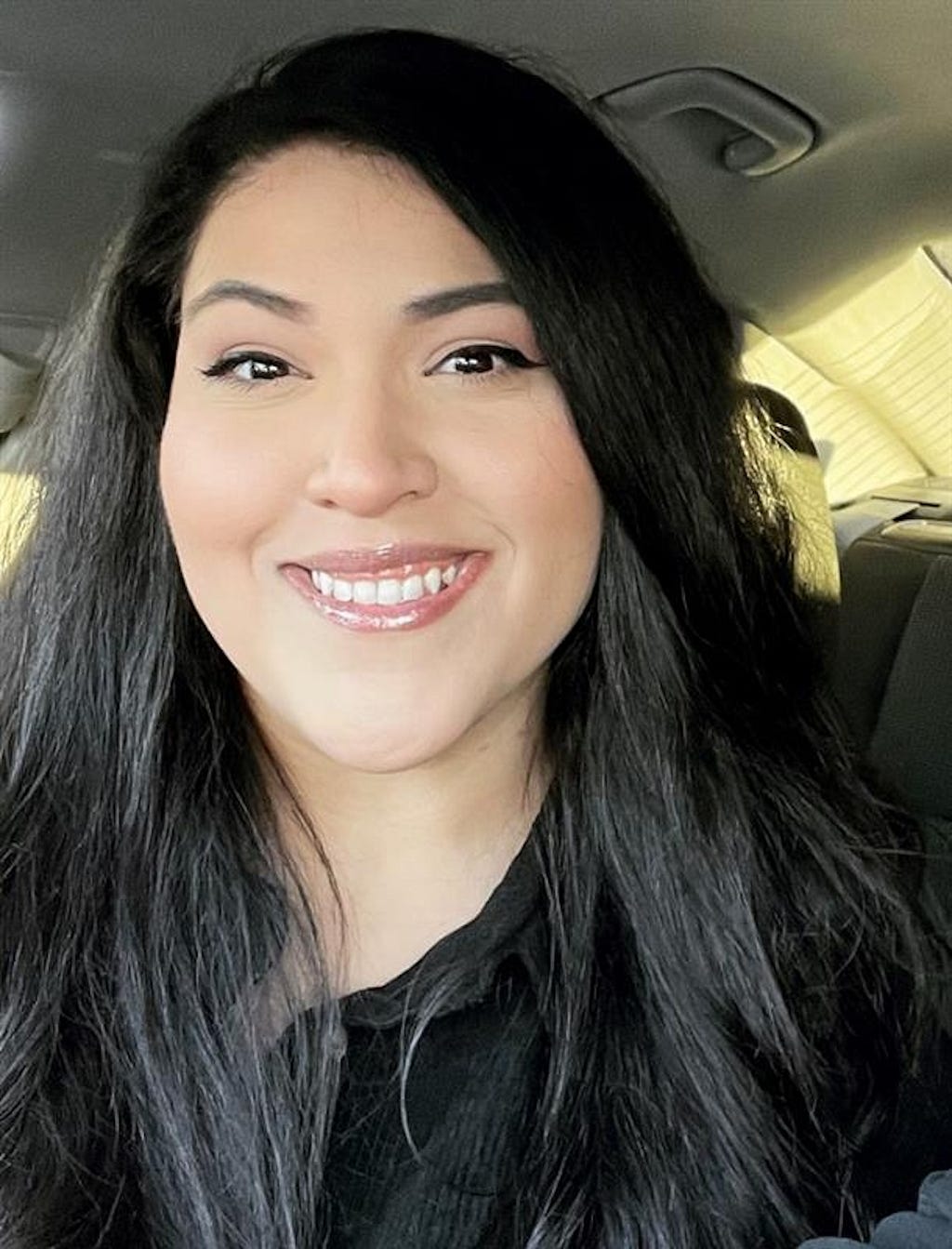Kris Ramos of Eating Recovery Center On How To Support A Loved One Who Is Struggling With An Eating Disorder

Build a support network to help with managing your own emotions regarding supporting your loved one. It is not easy, and nobody should go through it alone. It is crucial that you put your own oxygen mask on first! Find a local support group and surround yourself with others who understand and can be there through the ups and downs.
Eating disorders are complex mental health conditions that affect millions worldwide, transcending age, gender, and cultural boundaries. They are not simply about food but involve a range of psychological, physical, and social issues. Supporting a loved one through this struggle can be challenging, requiring understanding, patience, and knowledge of the right approaches to truly make a difference.
In this series, we aim to shed light on the most effective ways to offer support, understanding, and hope to those battling an eating disorder. We are talking to psychologists, nutritionists, doctors, therapists, and survivors, who can provide valuable perspectives on nurturing recovery, fostering resilience, and promoting healthy relationships with food and body image. As a part of this series, we had the pleasure of interviewing Kris Ramos.
Kris Ramos is a Licensed Clinical Social Worker (LCSW), born and raised in the Rio Grande Valley, and identifies as a proud queer Latina. Kris serves as the Clinical Director at Eating Recovery Center and Pathlight Mood & Anxiety Center of San Antonio. She received her bachelor’s degree in social work from The University of Texas at Austin in 2016 and her Master of Social Work from Texas A&M University-Kingsville in 2017. Throughout her education, she always carried a fascination for abnormal behavior. Kris initially began her career working as an inpatient psychiatric social worker, treating acute psychotic disorders. She joined ERC and Pathlight as a Primary Therapist in 2019 and was promoted to Clinical Manager in early 2022 then director later that year. In addition to direct patient care and clinical supervision, Kris provides training on eating disorders, mood and anxiety disorders, stress awareness, and related issues to professional and community groups. Kris is also a Certified Eating Disorders Specialist (CEDS) and enjoys providing consultation on complex eating disorder cases.
Can you please give us your favorite “Life Lesson Quote”? Can you share how that was relevant to you in your life?
“Doing the right thing doesn’t always feel good.”
This has been the most impactful realization for me, not just as a mental health professional, but as a person. I’ve spent a lot of time throughout my life avoiding negative feelings. For instance, I was the absolute worst at apologizing to people when I hurt them. I would’ve much rather stayed mad and petty than admit that I was wrong, that I hurt someone, and maybe I’m not the perfect person I thought I was. That doesn’t feel good at all. In reality, doing the right thing hurts sometimes, like taking accountability, giving up something that may actually be causing you more harm than good, or even saying goodbye to someone who you’ve outgrown. The same can be said about recovery. No one ever claims that recovery feels good all the time. Recovery hurts sometimes because it brings up a lot of difficult emotions, which is one reason people avoid getting better. I think if we start by saying that doing the right thing doesn’t always feel good, it will set realistic expectations and help people keep on going.
According to this study cited by the National Association of Anorexia Nervosa and Associated Disorders, at least 30 million people in the U.S. of all ages and genders suffer from an eating disorder. Can you suggest 3–5 reasons why this has become such a critical issue recently?
1. Eating disorders thrive in secrecy and isolation. The pandemic created so much isolation, as does time spent on social media. With more time alone, people can fall into their eating disorder behaviors without loved ones noticing.
2. Diet culture continues to dominate the messaging around what’s considered a “good’ body and that thinness equals happiness and worth. We are all susceptible to these untrue, dangerous messages, especially people who are vulnerable to eating disorders.
3. Stigma and unhelpful beliefs about mental illness, especially eating disorders, continues to prevent people from sharing their truths and receiving the help they need. People hide that they are struggling and then eventually their eating disorder becomes severe.
Based on your insight, what concrete steps can a) individuals, b) corporations, c) communities and d) leaders do to address the core issues that are leading to this problem?
A) Educate yourself. Understand that eating disorders are mental health illnesses and know what the symptoms are for disordered eating and eating disorders. Also, educate yourself about diet culture — gain a deeper understanding of how we are negatively impacted by diet companies and anti-fat bias.
B) Provide health insurance that covers eating disorder treatment.
C) Make free resources available. At ERC we provide so many free resources, including continuing education courses for providers, free support groups for community members, helpful blogs, and more. The more communities can find and provide access to these resources, the more people might seek the help they need.
D) Prioritize access to mental health treatment; it should be as readily available as medical care.
As you know, one of the challenges of an eating disorder is the harmful and dismissive sentiment of “why can’t you just control yourself”. What do you think needs to be done to make it apparent that an eating disorder is an illness just like heart disease or schizophrenia?
There needs to be more of a spotlight on the treatment of eating disorders. Why are people so fearful of epidemics/pandemics? Because there is a huge spotlight on them when they occur, and the nation (and broader) comes together to resolve the problem through spreading awareness of the dangers, and to try to contain it. THIS is what needs to happen for eating disorders. They need to be taken more seriously and to be talked about more. Eating disorders aren’t a new thing. They have been claiming the lives of innocent people for a long time now.
Here is the main question of our interview. Can you please share with our readers 5 ways to support a loved one who is struggling with an eating disorder? If you can, can you share an example from your own experience?
1 . Create a safe space for your loved one to come to you and share their experience. Understand that it is not easy to talk about an eating disorder. Many people won’t share their experiences due to shame and stigma. Overreacting is the quickest way to lose your loved one’s trust. Don’t ask why. Instead, ask how you can help. One of my favorite things to say to someone who is opening up to me about their eating disorder is, “Thank you for telling me. That couldn’t have been easy to talk about.” A great way to cultivate an environment of safety and security for your loved one is by normalizing open communication. Ask them how you can help them feel safe to talk about their eating disorder.
2 . Validate! Eating disorders are complex and it is so normal for your loved one to have conflicting feelings about their illness. They may hate their eating disorder while simultaneously loving it and not wanting to say goodbye to it completely. You can say, “It makes sense that you are having conflicting feelings about your eating disorder because although it hurts you it also feels familiar to you, and you may not be entirely ready to let it go.” Be sure to not speak for your loved one and avoid making it about you.
3 . Educate yourself on eating disorders to gain a better understanding of what your loved one might be going through. Learn about the causes, symptoms, treatment interventions and outcomes, etc. This could really help you better conceptualize that your loved one has an illness and there is nobody to blame for it.
4 . Challenge your own biases regarding eating disorders, diet culture, and the “Thin Ideal” to better support your loved one. Learn to identify and challenge any toxic beliefs you carry with you (i.e., healthy vs unhealthy foods). Doing this will help manage triggering situations for your loved one.
5 . Build a support network to help with managing your own emotions regarding supporting your loved one. It is not easy, and nobody should go through it alone. It is crucial that you put your own oxygen mask on first! Find a local support group and surround yourself with others who understand and can be there through the ups and downs.

How do you navigate the balance between offering support and respecting the autonomy of a loved one with an eating disorder?
Let your loved one know what your intention is with the support you’re offering. You can say, “I love you, and this is me loving you” and “because I care about you, I’m going to push you to get the help you need.” I tell caregivers to never apologize or feel guilty for unconditionally loving their child.
Is there a message you would like to tell someone who may be reading this, who is currently struggling with an eating disorder?
If your eating disorder is saying things to you that you would never repeat to someone you love, if your eating disorder is calling you things that you would never call someone you love, then maybe it doesn’t love you. It is a relationship that will never be reciprocated, even if you really want it to be. Sometimes the people who love and care about you are going to be intense in their pursuit to get you the help you need. Just know that this is them trying to be louder than your eating disorder. This is them loving you intensely whereas the eating disorder is intensely trying to take you away. You are not alone and you are worthy of a life worth living.
In your experience, what are the most effective strategies for building resilience and a positive self-image in individuals recovering from an eating disorder?
The best way to build resilience, in my experience, is by throwing out the toxic positivity and understanding that nobody expects you to be perfect. Recovery is non-linear. There are good days, even great days, and there are bad days, even brutal days. Take it day by day. If it’s a bad day, call it a bad day. There’s no such thing as a bad recovery. I would also suggest to seriously submerge yourself in a community of people that understand and can help build you up. Lastly, talk to your eating disorder…like really talk to it. You can say, “Hey ED, I really appreciate you trying to help by throwing out all these thoughts and urges, but I can take it from here.”
What are your favorite books, podcasts, or resources that have helped people with this struggle? Can you explain why you like them?
ERC’s Mental Note Podcast is an amazing resource to have. Also, I would highly suggest following ERC on social media. There are so many great messages being spread that can really positively impact someone who may be struggling.
You are a person of great influence. If you could inspire a movement that would bring the most amount of good to the largest amount of people, what would that be? You never know what your idea can trigger. 🙂
Hmm, this is a great question. I would say to have public organizations (i.e., grocery stores, clothing stores, etc.) regularly ask for donations to fund eating disorder treatment for those in need. For example, when you are paying at the register, a prompt pops up on the screen asking, “would you like to donate $1 to fund treatment for someone struggling with an eating disorder?” That right there could slowly but surely change the world.
Thank you so much for these insights! This was so inspiring!
Kris Ramos of Eating Recovery Center On How To Support A Loved One Who Is Struggling With An Eating… was originally published in Authority Magazine on Medium, where people are continuing the conversation by highlighting and responding to this story.
